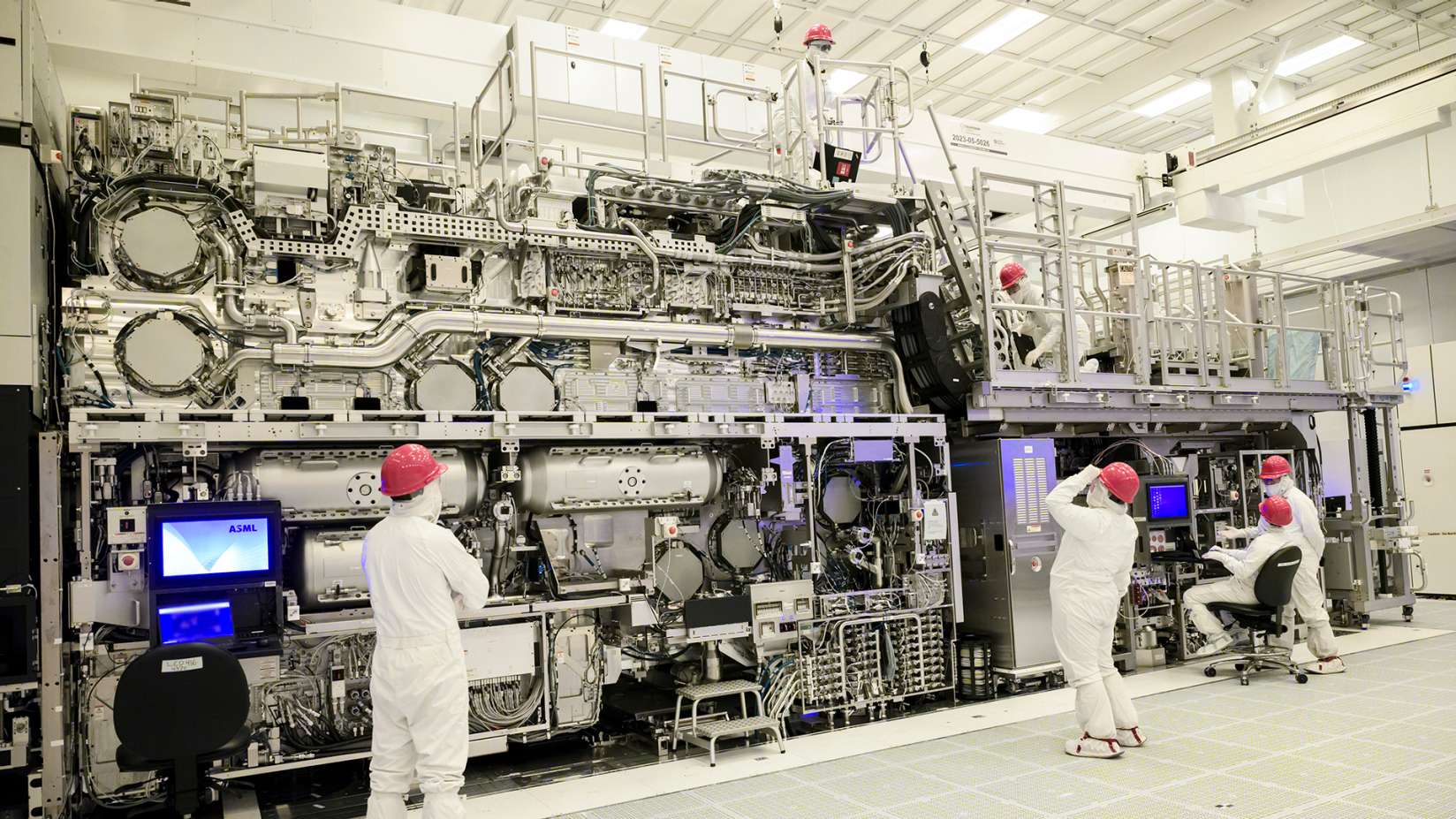

Image credit: Intel
Taiwan’s TSMC is considering taking a controlling stake in Intel’s manufacturing operations at the request of Trump administration officials, as the US weighs contingency plans in the face of Intel’s deteriorating financial condition, Bloomberg reported.
The administration raised the idea of a deal between the two companies at a recent meeting with TSMC officials and the company was receptive, the report said, but it wasn’t clear whether Intel was open to such a deal.
Talks around the deal, which are in very early stages, would see TSMC fully operating Intel’s US semiconductor factories, Bloomberg said, citing unnamed sources.
The deal is intended to address concerns around Intel’s deteriorating financial state, which has seen it cut jobs and reduce worldwide expansion plans.
Any possible deal may have US chip companies take equity stakes in the manufacturing operation, so that the venture wouldn’t be solely owned by a foreign company.
Intel has the largest and most advanced chip production infrastructure operated by a US-based company, at a time when the US has been spending billions to bring more chip manufacturing into the country from Asia.
Intel won a $7.9 billion (£6.2bn) grant under the US Chips and Science Act for projects in four states, as well as $3bn for military chips, and had received $2.2bn in disbursements as of January.
But the ventures haven’t yet received enough customers to justify the spending involved, leading the US to consider contingency plans.
The current administration has said it sees boosting US tech manufacturing as a top priority.
Intel former chief executive Pat Gelsinger was forced out of the company in December after the board lost confidence in his turnaround plan.
The move came after Intel revealed the US government subsidies it had received would restrict its ability to sell stakes in its chipmaking operations if they become an independent entity.
A central part of Gelsinger’s plan had been for Intel to spin off its manufacturing business as an independent subsidiary.
TSMC also received a $6.6bn award under the Chips Act for expansion to its facilities in Arizona.
Denial from TSMC, after multiple reports it was in talks with Intel over a joint…
CEO Tim Cook talks to Trump official, as IDC notes China's smartphone market growth, and…
Another big name chip maker expects a hefty financial charge, after the US tightened rules…
More bad news for Google. Second time in less than a year that some part…
Federal office that tackled misinformation and disinformation from hostile nations is closed down, after criticism…
After Nvidia admits it will take $5.5 billion charge as Trump export limits of slower…